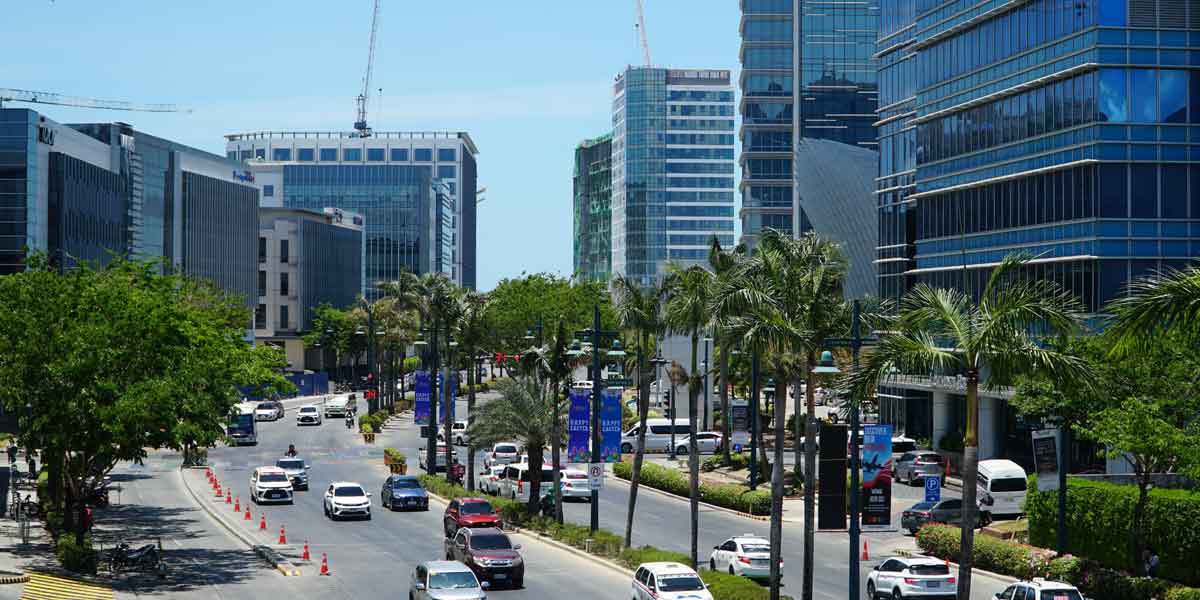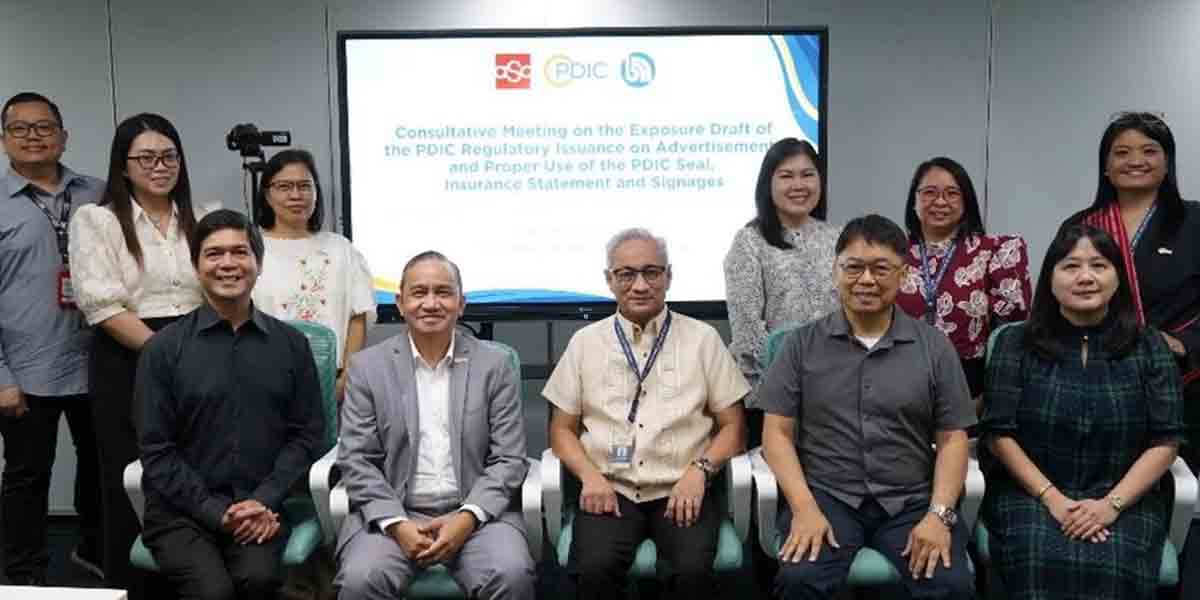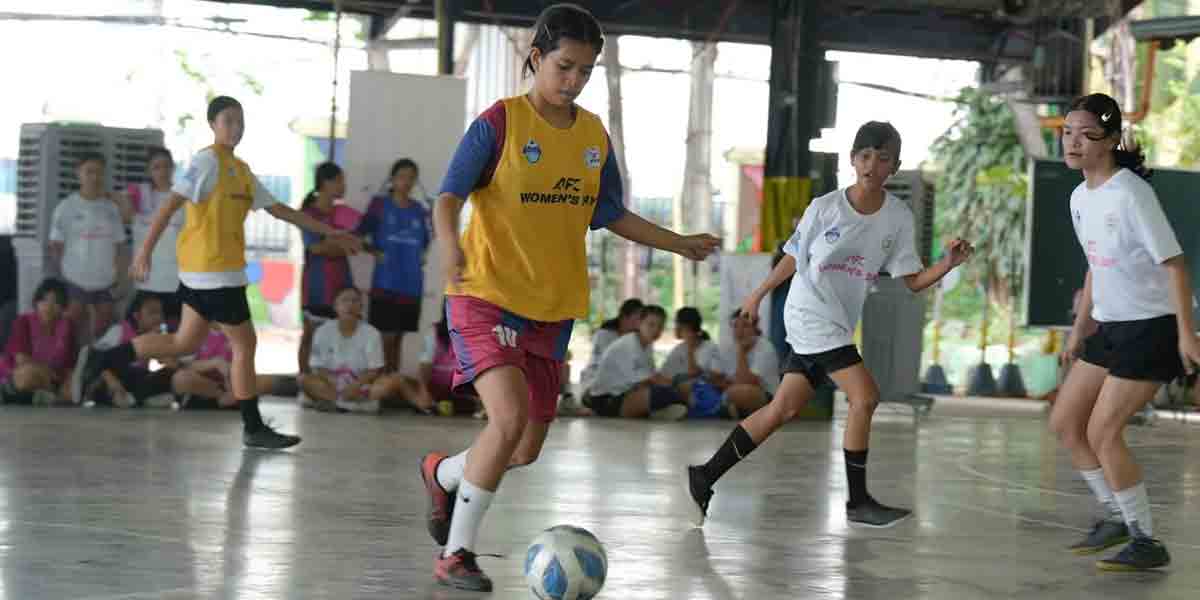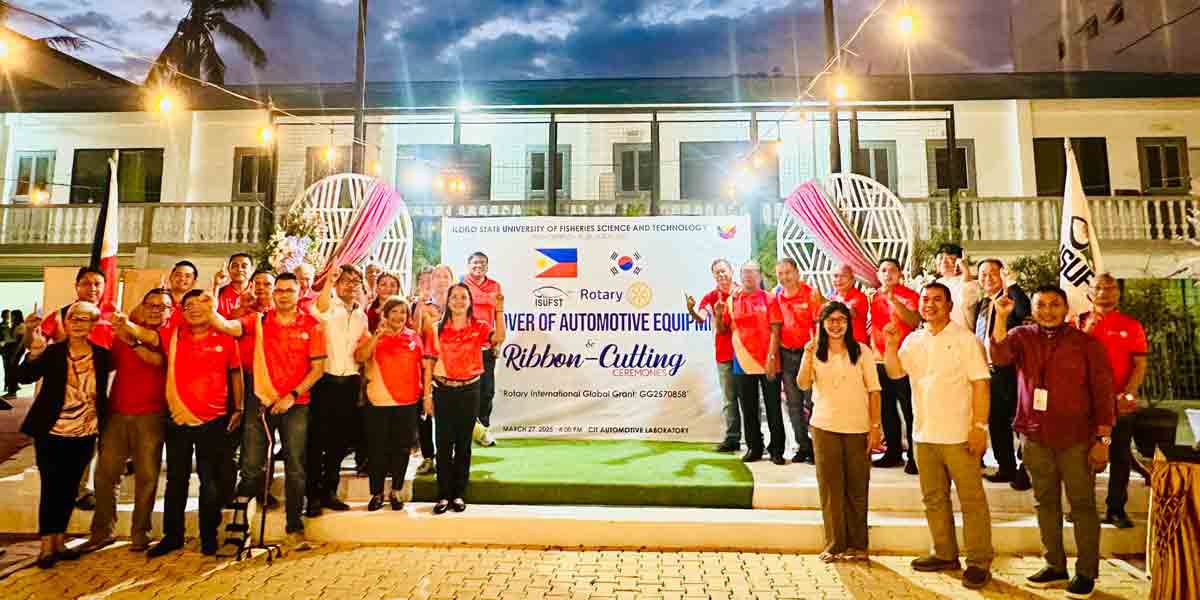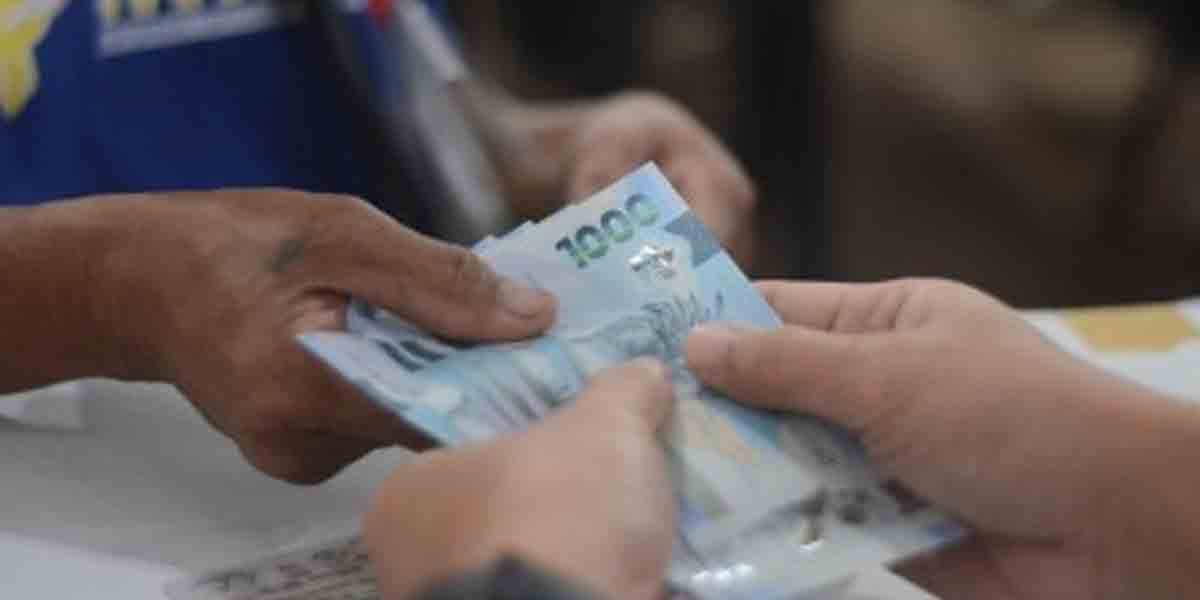By Brian M. de la Cerna
Nutritional deficiency and food insecurity are just among of the many concerns of Filipinos at this time of pandemic. Disruptions in the upstream food supply chains have arisen from mobility restrictions and worker illnesses during planting and harvesting, as a result household food consumption has been significantly affected by loss of jobs and income and limited access to food. It’s getting harder every day just get one one.
To address these growing concerns the Department of Science and Technology-Philippine Council for Agriculture and Aquatic Resources Research and Development (DOST-PCAARRD) recently launched “Gulayan sa Pamayanan,” an innovative organic vegetable gardening project and as one of its component projects which is part of the GALING-PCAARRD Kontra COVID-19. GALING means Good Agri-Aqua Livelihood Initiatives towards National Goals. This is quite a noteworthy program that will effectively give answers within the constraints of food supply chain in the urban areas.
This program seeks to provide science and technology (S&T) based livelihood on vegetable gardening in Metropolitan areas to address concerns on food availability, productivity and accessibility. Under this, two urban technologies are being initially adopted in Metro Manila. These are Enriched Potting Preparation (EPP) and Simple Nutrient Addition Program (SNAP) hydroponics technologies.
DOST-NCR has already deployed EPP kits to selected barangays within Metro Manila, together with the monitoring guidance from DOST’s PCAARRD through its Agricultural Resources Management Research Division; Brgy. CAA, Las Piñas City, Brgy. BF Homes, Phase 3 in Parañaque City, and Brgy. 412, Sampaloc, Manila. Dr. Eduardo P. Paningbatan, the EPP technology developer conducted all the capacity-building exercises and training in the mentioned barangays. The setups were displayed in a communal garden in each project site.
It is important to have everyone in the community involved in the program so that they will become self-reliant and self-sufficient in addressing the nutritional deficiency and food insecurity. Through this project, everyone will have the necessary skills that will help them thrive at this crucial time, as well as the community they are in.
Aside from the increased availability of vegetables, Gulayan sa Pamayanan also seeks the beneficiaries heightened awareness in environmental protection through the productive use of recyclable waste and materials.
Indeed, one of the most advantages of this pandemic is the rise of urban gardening. Panic buying and classified community lockdowns in several areas paved way to finding an alternative source of food. As a result, most of the city dwellers engage in backyard gardening, giving birth and possibly lasting to bolster urban farming.
Gardening for food in the city where land and space are limited was once impossible to urban settlers. Now, urban gardening is gaining interest in the cities especially in Metro Manila. Individuals are now sharing photos of their own cultivated garden across social media platforms. They are buying planting seeds and containers to put up their own garden. These past weeks, Google trends reports show that searches for gardens are up and enterprises that sell plants and seeds speak a spike in the number of customers.
The COVID19 lockdown periods have driven most of them to plant their own food at the comfort of their homes. Besides, government programs are pushing for urban gardening to address food security and nutritional well-being of the Filipinos amidst the country’s COVID19 outbreak.
Of the many technologies, urban gardening is the most feasible and adaptable for “stay at homes.” Growing our own food is neither astrology nor calculus- the process is simple; some would say that there’s an art to it. With the right production system, materials and inputs, one can enjoy harvesting fresh clean, ready-to-cook veggies right at their own space. It can also guarantee that the food you served for your loved ones is chemical-free. In addition to this, it can also let you share some of your produce with your neighbors, if you have more than enough for your household.
The impacts of COVID19 on food and nutrition security are just slowly emerging and additional tensions will continue to arise in the coming months and even years. This initiative of DOST-PCAARRD truly promotes and intensifies the aim to increase levels of productivity across all commodities and to ensure food productivity, accessibility and affordability, together with the help of modern technologies.
As most city dwellers embrace and nurture the movement, we must also encourage those outside the Metropolitan areas who have not yet ventured into this kind of activity to give it a try. Food supply disruptions to another pandemic or other causes are most likely to happen in the future. This new appreciation for urban gardening fostered during this COVID19 lockdowns should keep growing.



